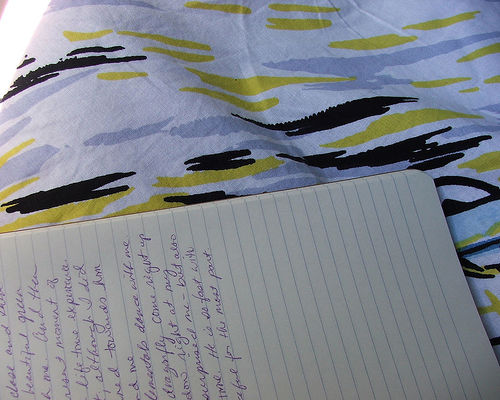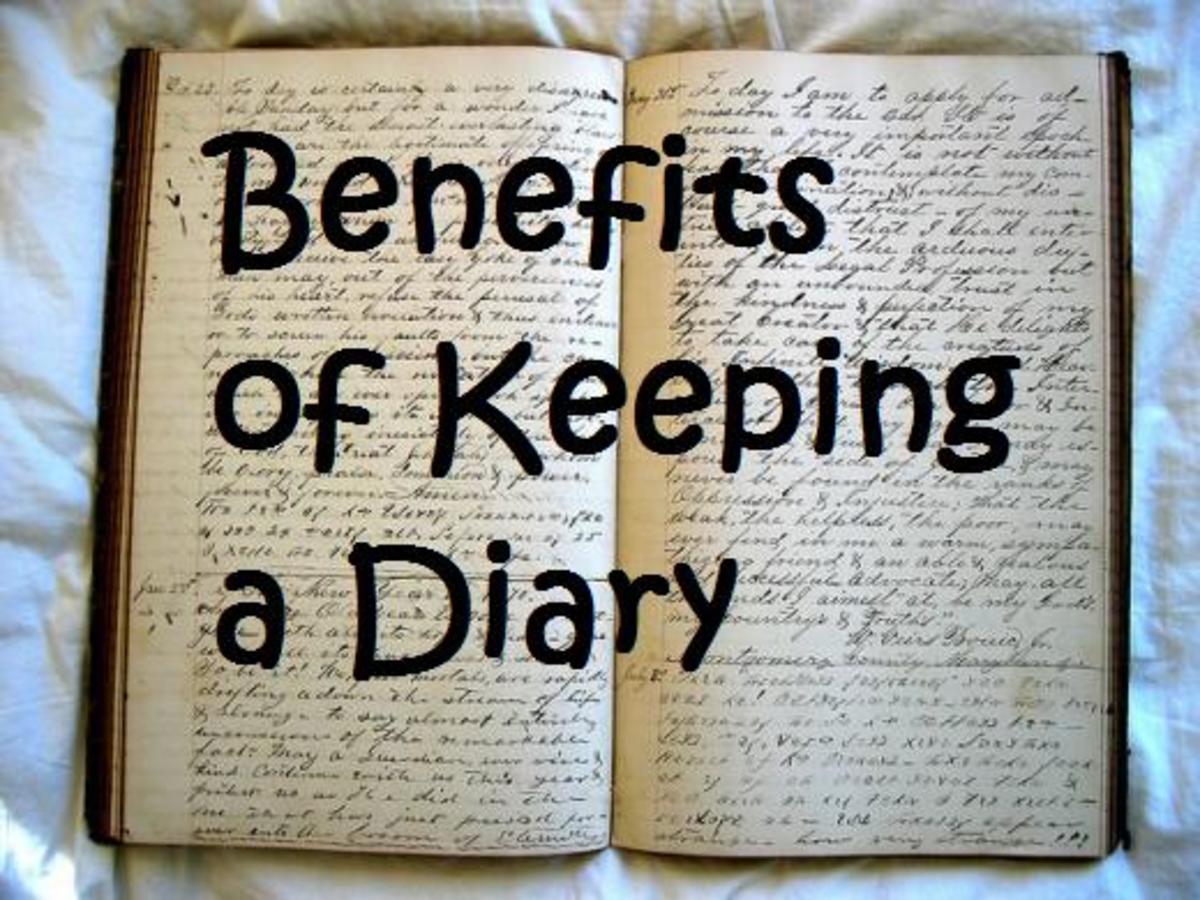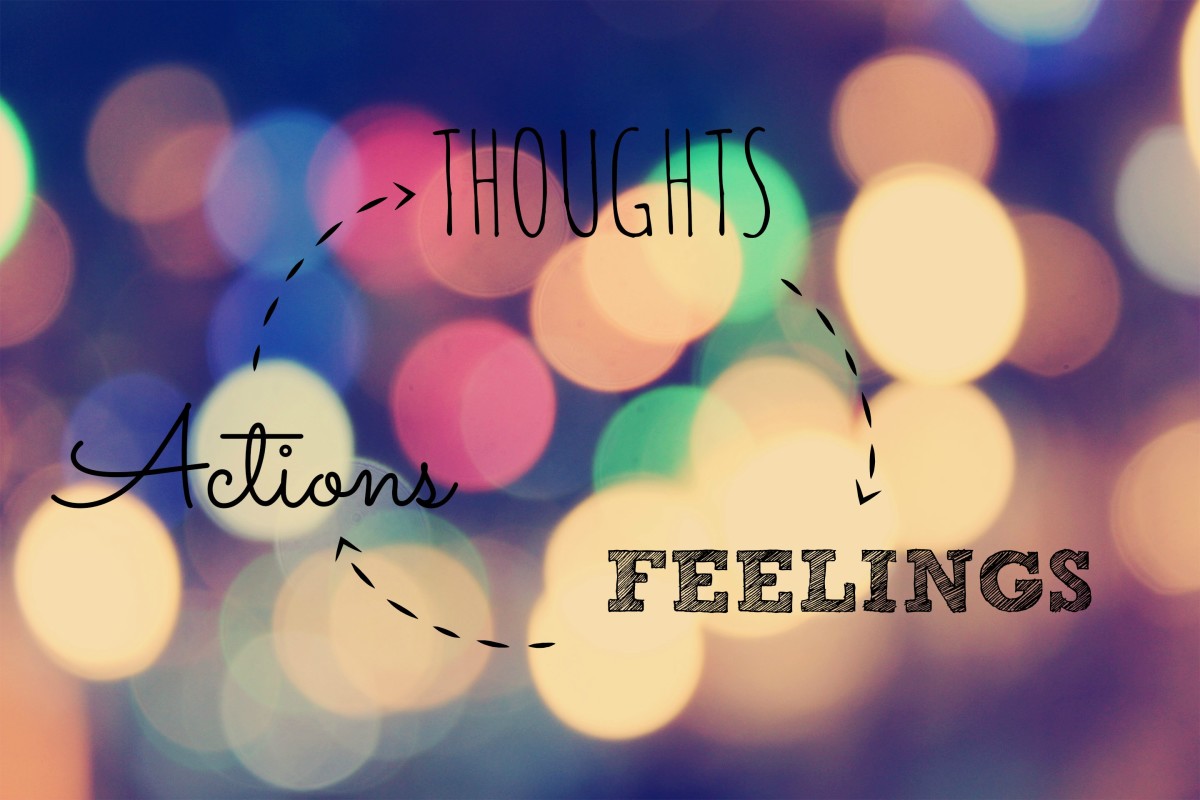How Writing Can Help Battle Depression

When I was a teenager, I started suffering from depression. I didn’t realise it then but I was coping with it through fiction writing. I could put my thoughts, opinions and feelings into my characters and deal with the situations that were happening around me. However, when I started university, I let the fiction writing slide. There were a few projects I would work on but never for me.
My depression came back, worse than ever. I would avoid any type of activity that wasn’t a necessity. I’d rather sit in a dark room and let the negative thoughts take me over. When I started cognitive behaviour therapy—after finally admitting that I had depression—I found that my creativity came back. Actually, the more I wrote the more it would help depression.
This can work for you too. Writing is a great way for many people to battle their depression and I’ve since met many who use it to their advantage. Here are some of the ways that you can benefit.
Allows You to Deal with Your Situation
Depression is really hard to deal with if you can’t deal with the problems causing the depression. Writing allows you to delve into your situations, your problems and anything that is happening in your life and deal with them all. Often, you can find a solution and create a happy ending. While this isn’t necessarily going to make you happy, it will help you see that there is a light at the end of the tunnel. At first, I thought that this was pointless but it really did work out beneficial for me.
Another option is to write about your past. Create a story around the things that have happened in your life. This lets you look back at it more objectively and you may realise that it isn’t as bad as you thought it was. If you are comfortable letting someone read it, let them and ask them if they would have handled a situation differently. You could create multiple endings to your story.

Write a Journal with Your Thoughts and Feelings
I’ve touched on fictional writing but that isn’t the only way you will benefit. Writing a journal is a great way to deal with depression and focus on yourself. Writing a journal or diary will allow you to write about your thoughts and your feelings. There may be a pattern to the way you feel; such as after a certain thing in your life or at a certain time of day.
Journals are excellent for cognitive behaviour therapy and I kept one the whole way through. You may not realise that you are thinking negatively until you write it down. From there, you can physically read your thoughts and highlight where you have had negative thoughts and how they can become positive. As you go through the weeks and months, you’ll find that thinking positive starts to become easier and more natural to you.
Simply Escape the Real World for a While
Writing allows you to escape the real world for the time being. While this doesn’t really answer the problem and you shouldn’t use it just to avoid your problems, it can help offer temporary relief when you feel like everything is getting on top of you. This is often great for those with anxiety too, since you can take yourself away from the situation temporarily to calm down.
You could create a different universe, where things do go right. It could be in the real-world or a fantasy world. I enjoy fantasy writing since it takes me away from the real world. In some cases, the demons and situations my characters find themselves in somehow link to real problems but not always.
It’s Sometimes Easier than Talking
Talking is one of the best ways of dealing with depression. You get all of the problems off your chest and have someone to help you through them. However, trying to find someone you trust enough can be difficult. It takes time, even if you find a professional to talk to. Even if you do find someone you trust, you may view talking as a sign that you are weak or just not be ready to get it all off your chest and acknowledge your feelings aloud.
The good thing about writing is nobody else has to see it. You can get everything off your chest without worrying about judgment or people talking about your problems with others. It is simply easier than talking for some, which means it is more likely to be used to its full advantage to help deal with depression.
Another benefit is that you can then look back over your words. You can use it as a way to help prevent relapses from happening or to help friends and family members dealing with something similar. It’s amazing what reading your own words can do to help you.

When Writing Doesn’t Help Deal with Depression
However, there are times that writing won’t help you deal with your depression. This depends on the type of writing that you are doing. Watch out for the following:
- Substituting Action: Remember when I mentioned that you can use it as a way to identify your problems but that there is a problem with this? You may decide to not act on those problems or do anything about them, believing that writing is working for you. You still need to act to help deal with your depression; writing isn’t going to do it all for you.
- Writing About Depression: You could get caught in the trap of writing about depression. Maybe you’re writing about the causes or reasons why someone could suffer from depression and not focusing it on you. You need to bring your writing to why you’re depressed and what you can do about it.
- You Don’t Reflect: You need to reflect in your writing. It’s fine talking about the why and vent about your troubles but you need to reflect on what you’re going to do. Fiction writing doesn’t give you this but can highlight the troubles. The journal is the place where you can go through your fictional pieces, highlight the problems and reflect on them so you can act on them.
Writing and creativity have helped me deal with my depression and I believe it could help others. It’s great to be able to get all the thoughts and feelings out and vent about troubles. I found it helpful to give my characters the problems so they could handle them in their own ways. However, you have to remember to bring it all back to you and reflect on the problems and issues. This will help you act on them. If you can’t do that then the writing is just a cover-up and not going to help you.









